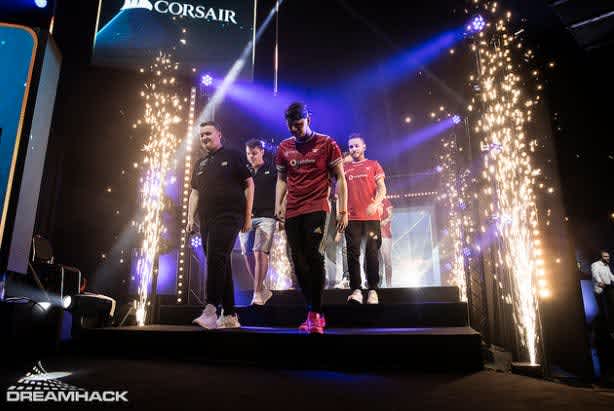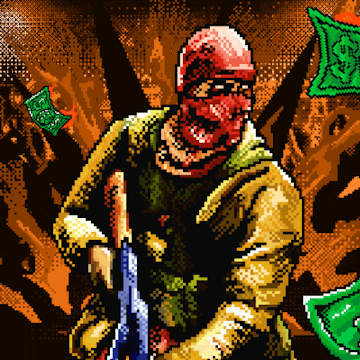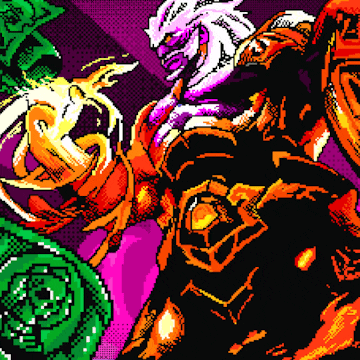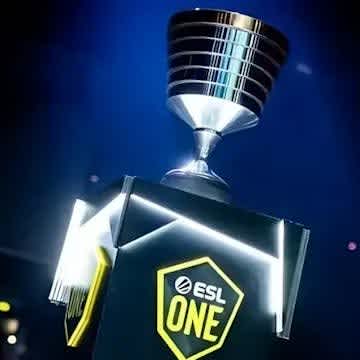Snap Back to Reality: The StarSeries S6 Group’s Mortem
StarSeries S6 had a field of teams defined by a lacking dominant side and a close differential in overall skill between the 16 rosters in-attendance. For the international journeymen, this was a field ripe to be leveraged into a deep playoff run. The only caveat being that the group’s are a Bo1 Swiss - a traditionally volatile and unforgiving gauntlet. If they could survive the battering of single-game glass cannon sides though, they would be able to get into the deeper waters of the playoffs. With Bo3’s, playing on a big stage, and far more to lose/pressure to not make mistakes, experience is generally the characterising force that wins out. It’s one thing to be dangerous on-LAN, and another to do the same in front of a big crowd and with tens of thousands of dollars on the line.
Many of these sides who sought comfort in the calmer, but more intense waters of playoff play though, drowned in the choppiness of the groups.

Mousesports is the biggest ship to sink, in this sense. Coming off hot from a win at ESL One New York 2018, Mouz looked to try and keep their momentum rolling with a big showing in Kiev. The broader context though, always alluded to a potential faltering and collapsing of the mix-team in-groups. Rumours of a roster change has dominated discussions around Mouz for months, with uncertainty in who will leave/come in, but a guarantee that a change itself is imminent. What’s more, their StarSeries campaign comes without pause since the side bombed out of groups at the FACEIT Major in London, and their high-point in New York. They were one of the few top teams who chose to not take a break after the Major/a successive tournament, applying pressure to an already fractured base.
At StarSeries, Mouz exited their group 2-3, winning two inconsequential games against Sprout and Cyberzen (the two worst on-paper teams in-attendance), and then losing their next three to ENCE, Optic and BIG. While they sit at #4 on the HLTV rankings, given the format, nature of Bo1’s and their context, the holes in Mouz’s hull had to slow them down eventually. In Kiev, we witnessed as such. Snax had his third worst rated event in his long career at StarSeries, and seemed more out of place than ever. Oskar had big moments throughout the run, especially against BIG and ENCE, with this insane hero AWP 3k sticking out, but overall it wasn’t enough to transcend the inherent structural issues within the line-up.

While it may seem counter-intuitive, it was more surprising to see Complexity lose 0-3 in groups than it was for Mouz to go 2-3. The Americans had suffered a series of before StarSeries, losing to a freshly minted Renegades in an online Bo2 and AVANGAR at the quietly held MSI MGA LAN finals, but these shouldn’t have represented major issues. They too though, had suffered a very similar recent schedule to Mouz, they have not stopped playing officials since the start of September and have had high-profile win conditions to analyse. For example, both Gambit and BIG banned-out their infamous Inferno early in the vetoes, with interestingly Complexity themselves banning it away from Renegades in the other match.
Their fragging core was non-existent, with yay, dephh, and ANDROID all faltering at different points against their three opponents. Sanislaw’s structure failed to have the same punch on T-side without the sting of his entries, and the teamplay that was so associated with their game at the major failed to take hold in the same meaningful way against relenting CT-sides. For Complexity, StarSeries was a grounding moment, and may not necessarily be a regression to their mean but a product of too much play to quickly and without enough time to internalise the lessons they learnt in London.
The group-stage in London was one of those tier two gauntlets that has a tendency to bring down those in the tier one bracket or ground those on their way to it. The performances of Complexity and Mouz showed as much. However, it’s as much a criticism on their play and the format itself as also the decisions to participate in the tournament itself. While most sides are looking at this post-Major period as one to rest and learn, a side like Mouz is trying to just riding their life-span to its bitter end.





